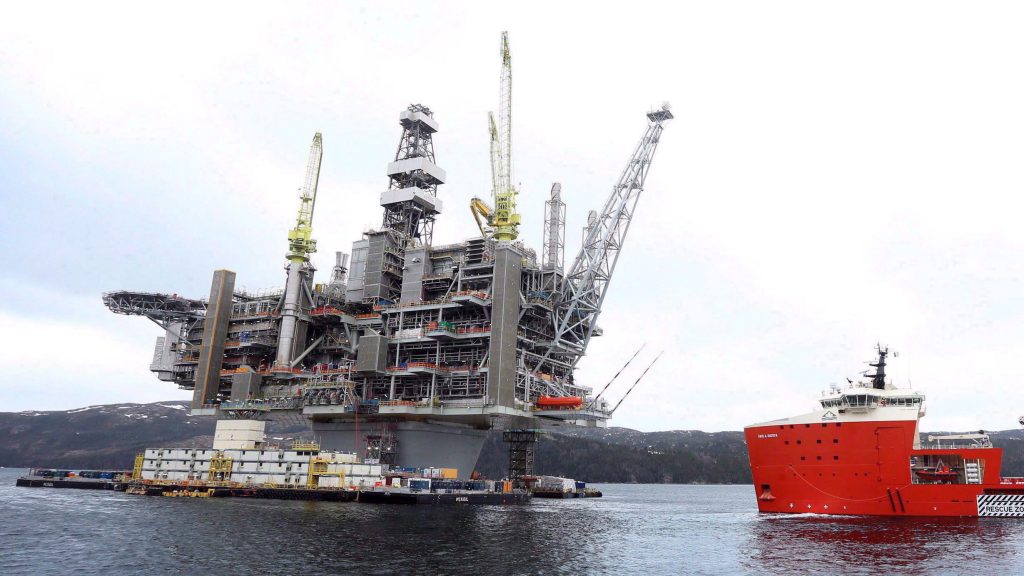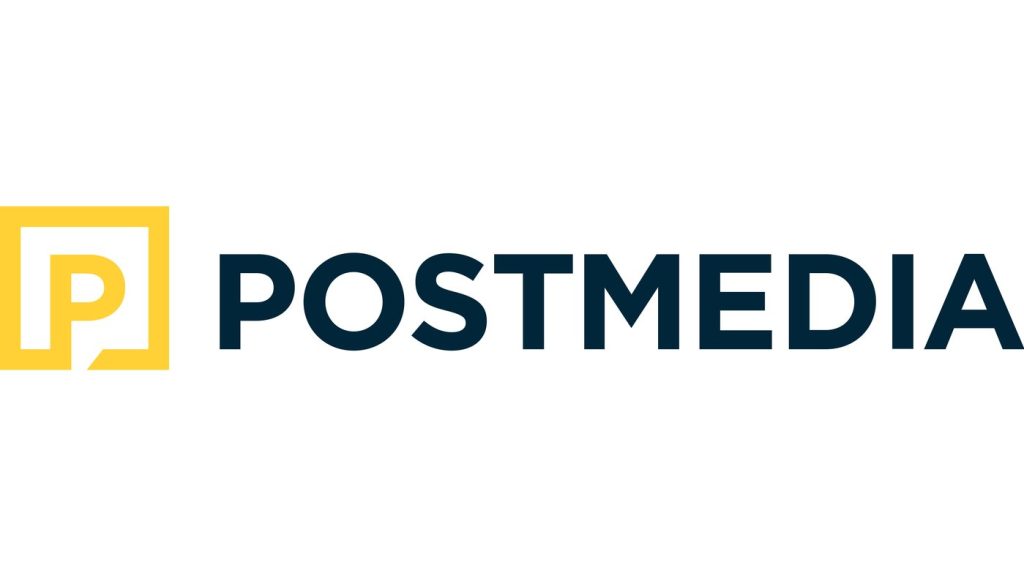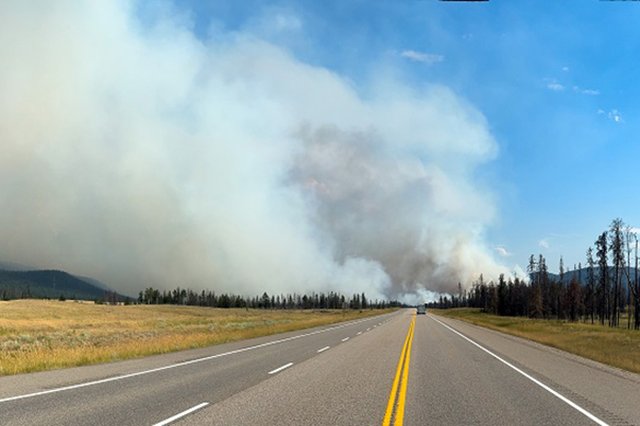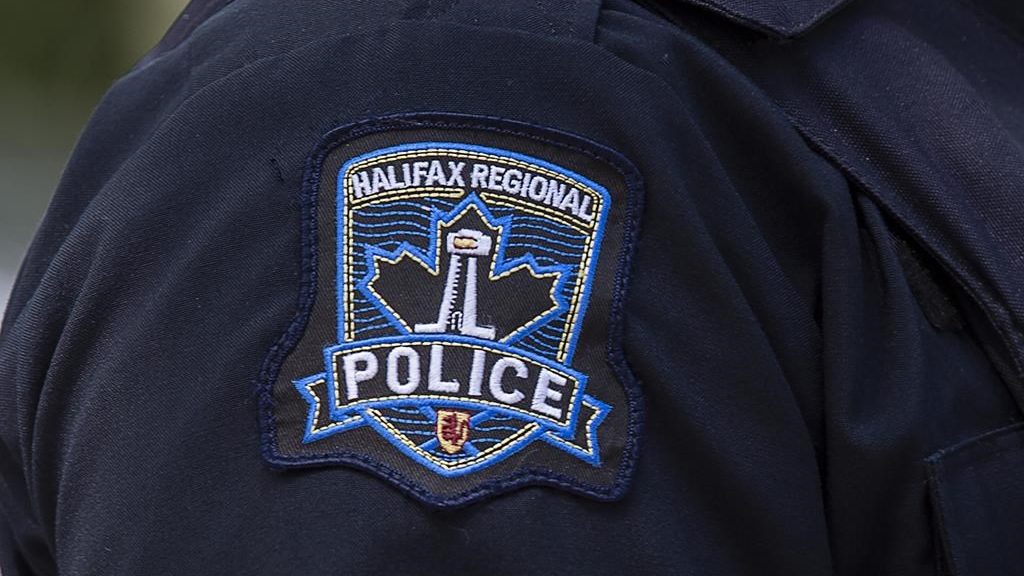Newfoundland and Labrador asked to figure out cost of shutting down oil projects

Posted Mar 2, 2024 10:36:53 AM.
Last Updated Mar 2, 2024 10:36:57 AM.
ST. JOHN’S — Newfoundland and Labrador has to determine how much it will cost taxpayers when the companies operating the province’s offshore oilfields decide to pull up their pipelines and leave, says Denise Hanrahan, the province’s auditor general.
Hanrahan is tasked with scrutinizing how the provincial government spends and tracks its money, and she’s been asking it since 2021 to figure out how much it could cost taxpayers to help companies cover their decommissioning costs.
She made the request once again in a report released this week, saying the figures should be included in the province’s accounting.
“For us, it’s an incomplete line,” Hanrahan said in an interview. “It’s not unusual for us to record decommissioning costs, it’s a pretty normal thing. And as we know, at the end of the life of these fields, that can be pretty sizable.”
Before the COVID-19 pandemic hit, shutting down any of the four oilfields pumping off the province’s east coast was a distant consideration. But in 2020, both Suncor Energy and Husky Energy, which has since merged with Cenovus, were threatening to walk away from their respective oilfields, Terra Nova and White Rose.
Companies can claim decommissioning cost overruns against past royalties they’ve paid to the province. That means if the costs to dismantle these oilfields are higher than expected, the government could owe companies a royalty refund.
Documents obtained by The Canadian Press show officials estimated it would cost taxpayers about $157 million if Suncor walked away from its Terra Nova field in 2020.
The province set up a “Future Fund” in 2022 as a reserve to cover future expenses, including oilfield decommissioning. It made a $157-million contribution to the fund that year.
Russell Williams, an associate professor of political science at Memorial University, applauds Hanrahan’s insistence that the government assess its decommissioning liabilities. That information should be made public, he added.
He pointed to Alberta, a province plagued by thousands of non-producing or abandoned oil wells, where it’s not clear who will clean them up.
Williams said Hanrahan has been hounding the province since 2021 and hasn’t yet received a satisfactory answer.
“I don’t think the government wants to tell us about these things,” he said in an interview. “And, of course, that’s a basic political problem, right? When it comes time to clean these things up, the minister will be long gone.”
Hanrahan said the province had told her repeatedly that it has not finished calculating what it may have to pay out when the four oilfields stop producing. She said it is possible they’ll find they owe nothing. Nevertheless, she said the government needs to figure it out and let her know.
This report by The Canadian Press was first published March 2, 2024.








